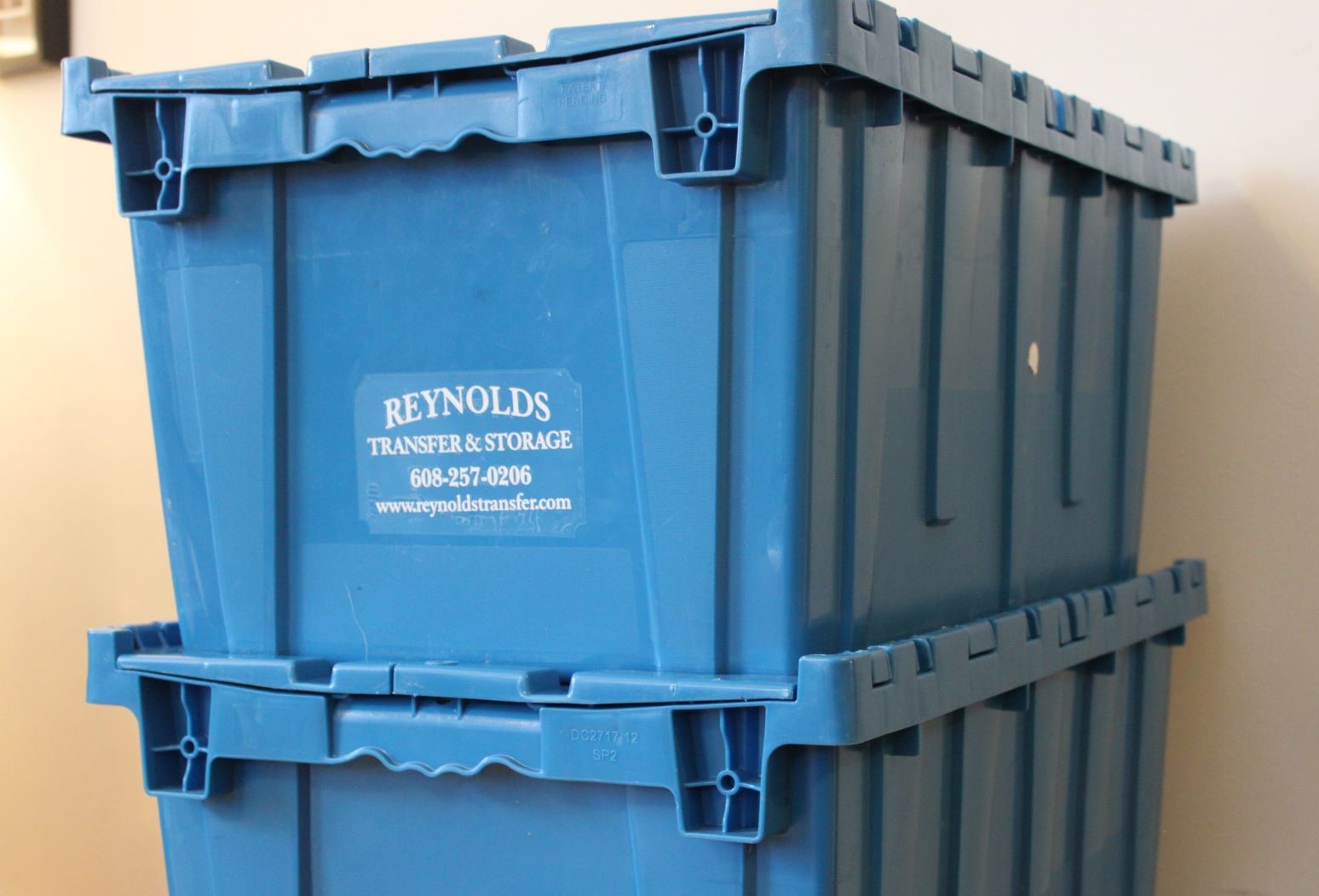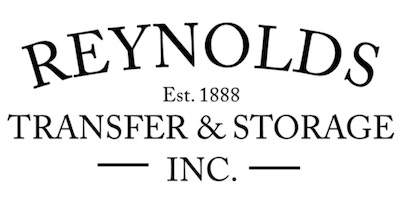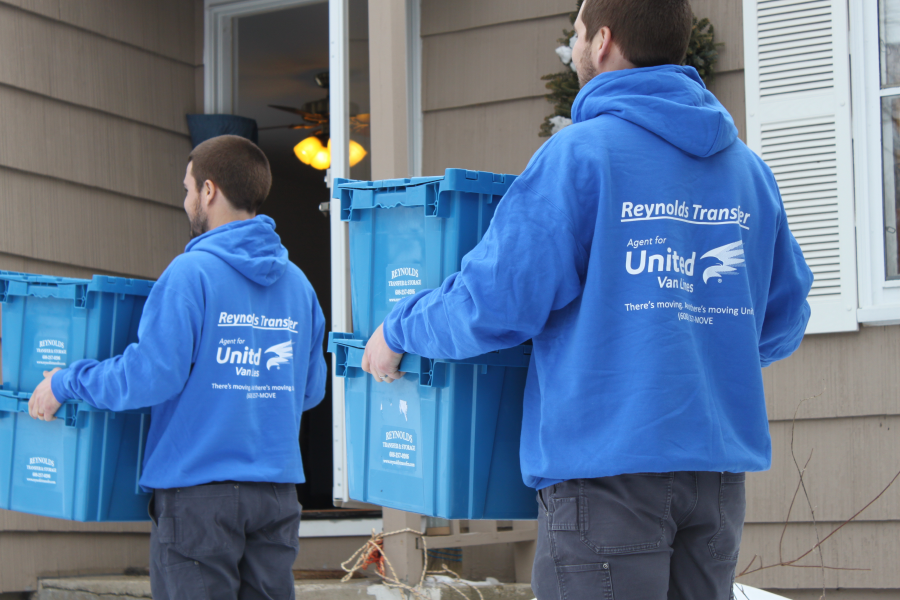Moving, an inevitable part of life for many, brings with it a myriad of tasks, from finding the perfect new home to packing up belongings and transporting them to their new destination. While the excitement of a fresh start often takes center stage, it’s essential to consider the environmental footprint of this process. From the staggering amount of cardboard boxes and packing materials used annually to the pollution generated by transportation, the environmental impact of moving is significant. However, there’s hope on the horizon – companies like Reynolds Transfer and Storage are pioneering eco-friendly solutions, such as reusable boxes, to mitigate this impact.
The Hidden Costs of Moving
Every year, millions of people around the world relocate, resulting in an immense consumption of resources and generation of waste. Consider the sheer volume of cardboard boxes used in this process. According to the Environmental Protection Agency (EPA), cardboard and paper products constitute the largest portion of municipal solid waste, with packaging being a significant contributor. It’s estimated that the average household move requires anywhere from 20 to 60 cardboard boxes, depending on the size of the residence and the amount of belongings being transported.
Moreover, the production of cardboard boxes necessitates the extraction of raw materials such as wood pulp, which contributes to deforestation and habitat destruction. The manufacturing process itself consumes water and energy while emitting greenhouse gases and other pollutants into the atmosphere. Additionally, the tape used to seal these boxes, typically made from plastic, further exacerbates the environmental impact.
Beyond cardboard, another common packing material is polystyrene padding, often used to protect fragile items during transit. Polystyrene, commonly known as Styrofoam, is derived from petroleum and is non-biodegradable. Once discarded, it persists in the environment for hundreds, if not thousands, of years, leaching harmful chemicals into the soil and waterways and posing a threat to wildlife.

The Case for Reusable Boxes
Enterprises like Reynolds Transfer and Storage recognize the urgent need for sustainable alternatives in the moving industry. By offering reusable boxes, they are revolutionizing the way people relocate while minimizing their ecological footprint.
Reusable boxes are typically made from durable materials such as plastic or reinforced cardboard, designed to withstand multiple uses. Unlike their single-use counterparts, which are often discarded after a single move, these containers can be rented or returned to the moving company for reuse, significantly reducing waste generation.
One of the primary benefits of reusable boxes is their longevity. Unlike cardboard, which may tear or become damaged after a single use, reusable boxes are built to last, eliminating the need for frequent replacements. This not only conserves resources but also reduces the demand for new packaging materials, thereby decreasing the environmental impact of production.
Furthermore, reusable boxes are designed with efficiency in mind. Many feature standardized dimensions that optimize storage space and facilitate stacking, reducing the number of trips required during transportation. This not only saves time and money but also reduces fuel consumption and greenhouse gas emissions associated with vehicle emissions.

The Environmental Commitment of Reynolds Transfer and Storage
For environmentally conscious individuals, choosing a moving company that shares their values is paramount. Reynolds Transfer and Storage stands out as a leader in sustainable moving solutions, offering a range of eco-friendly services to minimize the environmental impact of relocation.
In addition to providing reusable boxes, Reynolds Transfer and Storage employs fuel-efficient vehicles and implements logistical strategies to minimize carbon emissions during transportation. By optimizing routes and maximizing vehicle capacity, they reduce the number of trips required, further lowering their carbon footprint.
Moreover, Reynolds Transfer and Storage is committed to responsible waste management practices. They prioritize recycling and proper disposal of packing materials, ensuring that minimal waste ends up in landfills. By diverting materials from landfill disposal, they contribute to conservation efforts and reduce pollution.
Read More: Moving to Madison? Reynolds Transfer and Storage Welcomes You
Conclusion
As the global population continues to grow, so too does the need for sustainable solutions to mitigate the environmental impact of human activities. Moving, though often overlooked, presents a significant opportunity for positive change. By embracing reusable boxes and other eco-friendly practices, companies like Reynolds Transfer and Storage are leading the way towards a greener future.
For those embarking on a relocation journey, the choice of a moving company can make a substantial difference. By opting for a company that prioritizes environmental sustainability, individuals can minimize their ecological footprint and contribute to the preservation of our planet for future generations. With Reynolds Transfer and Storage, moving becomes not only a transition to a new location but also a step towards a more sustainable future.


Recent Comments